第51回生物機械システム研究会 (日本機械学会バイオエンジニアリング部門所属研究会) / 機能創成セミナー
Date: May 7 (Tue), 2019, 15:30-17:10
Place: Seminar Room, Engineering Science International Building, Toyonaka Campus, Osaka University (大阪大学 豊中キャンパス 基礎工学国際棟セミナー室)
(No. 21 in https://www.osaka-u.ac.jp/en/access/toyonaka )
Speakers:
– Amin Doostmohammadi (Rudolf Peierls Centre for Theoretical Physics, University of Oxford, UK)
– Kennedy Omondi Okeyo (Institute for Frontier Life & Medical Sciences, Kyoto University)
Keynote talk: Cellular Active Fluids (Amin Doostmohammadi) / 15:30-16:30
Abstract: Monolayers of cells in tissue and bacterial colonies growing on substrates are ample examples of materials that are continuously driven out of equilibrium by the activity of their constituent elements. One generic property of these active materials is the spontaneous emergence of collective flows which often leads to chaotic flow patterns characterised by swirls, jets, and topological defects in their orientation field. In this talk I will discuss recent works on cell monolayers and growing bacterial colonies, where we find interesting correlations between liquid crystal-like features of these active systems and their biological functionality.
References:
[1] A. Doostmohammadi, et al., Active nematics. Nature Communications, 9:3246, 2018.
[2] A. Doostmohammadi, S. Thampi, J. M. Yeomans, Defect-mediated morphologies in growing cell colonies. Physical Review Letters, 117: 048102, 2016.
[3] T. B. Saw, A. Doostmohammadi, et al., Topological defects in epithelia govern cell death and extrusion. Nature, 544.7649: 212-216, 2017.
Invited talk: Mechanobiology of self-assembly and differentiation by stem cells under restricted adhesion condition (Kennedy Omondi Okeyo) / 16:30-17:10
Abstract: Stem cells, including embryonic stem cells (ESCs) and induced pluripotent stem cells (iPSCs) possess unlimited ability to expand under culture, and to differentiate into virtually all human cell types, making them invaluable biological resources with enormous application potential in medicine, basic studies and drug development. This talk will highlight our ongoing work aimed at understanding the mechanobiology of self-assembly and differentiation of stem cells in which we employ microfabrication techniques to modulate the stem cell culture microenvironment so as to unlock their differentiation and self-organization potentials. Specifically, we will introduce our original technique, namely, the micromesh technique, which enables us to modulate the balance between cell-cell and cell-substrate adhesions in order to influence tissue mechanics resulting from self-organization and differentiation of stem cells. We will demonstrate the potential of this approach to mechanically trigger trophoblast-like differentiation and primordial germ cell-like differentiation patterns in human iPSCs and murine ESCs, respectively.
日本語
